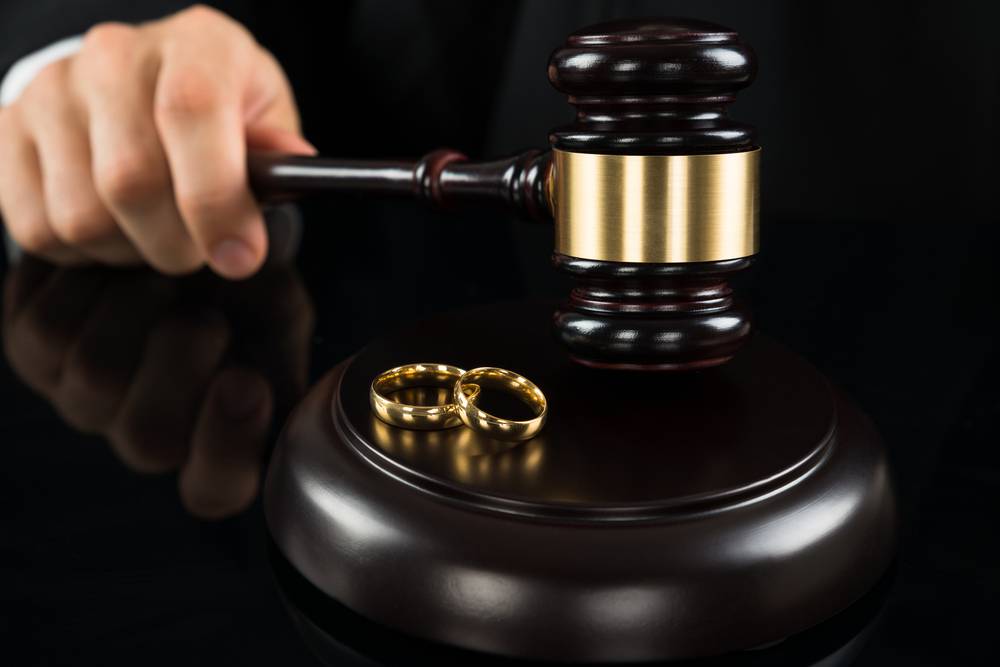The single-judge bench consisting of Justice Siddhartha Roy Chowdhary of the Calcutta High Court recently in the case of Gaurav Bis Basnet @ Gaurav Basnet v. The State of West Bengal (CRA 26 of 2020) overruled a trial court’s judgment to condemn a man under Section 417 of the IPC for enticing a lady to have sexual relations with him in exchange for the promise to marry her after his previous marriage was annulled.
Facts of the Case:
The victim accepted to live with the appellant because he promised to marry her following the divorce of his previous marriage. Later, the appellant stated that he was unable to divorce because it would negatively impact his daughter and harm his family’s reputation. The victim filed an FIR against the appellant under Sections 417 (Penalty for Cheating) and 376 (Penalty for Rape) of the IPC.
Judgment Review:
The Court observed that one of the essential ingredients of cheating is deception which must precede and thereby induce the other person and thereby lead into error by causing a person to believe what is false or disbelieve what is true. Section 415 of I.P.C. has two parts, in the first part inducement must be dishonest or fraudulent and in the second part it should be intentional. In both cases, deception is a common element. The Court held that the promise of marriage, so made by the accused, was not a promise simpliciter, it was contingent on the dissolution of his marriage that was subsisting. The victim was aware of the situation and decided to live together with the accused. The accused person did not have the competence to dissolve the marriage, either his wife would have to agree or he would have to make out a case for a decree for divorce. Therefore, the element of uncertainty was there since the inception of such a relationship. The victim consciously accepted the risk of uncertainty. The ‘changed man’ could not go for divorce. Therefore, the promise of marriage, after divorce, by itself does not amount to cheating. In order to invoke the provision of Section 415 of I.P.C., the prosecution is under obligation to prove that the accused person induced the victim to indulge in any such sexual relationship with him. The Court opined that the prosecution was not able to prove that since the inception, the accused person had thus evil design to exploit the victim both financially and sexually. The Court then set aside the impugned conviction order and acquitted the appellant for the alleged offence under section 417 of the IPC.
Click here to view the judgment
“Prime Legal is a full-service law firm that has won a National Award and has more than 20 years of experience in an array of sectors and practice areas. Prime legal falls into the category of the best law firm, best lawyer, best family lawyer, best divorce lawyer, best divorce law firm, best criminal lawyer, best criminal law firm, best consumer lawyer, best civil lawyer”
JUDGMENT REVIEWED BY DIVYA SHREE GN


